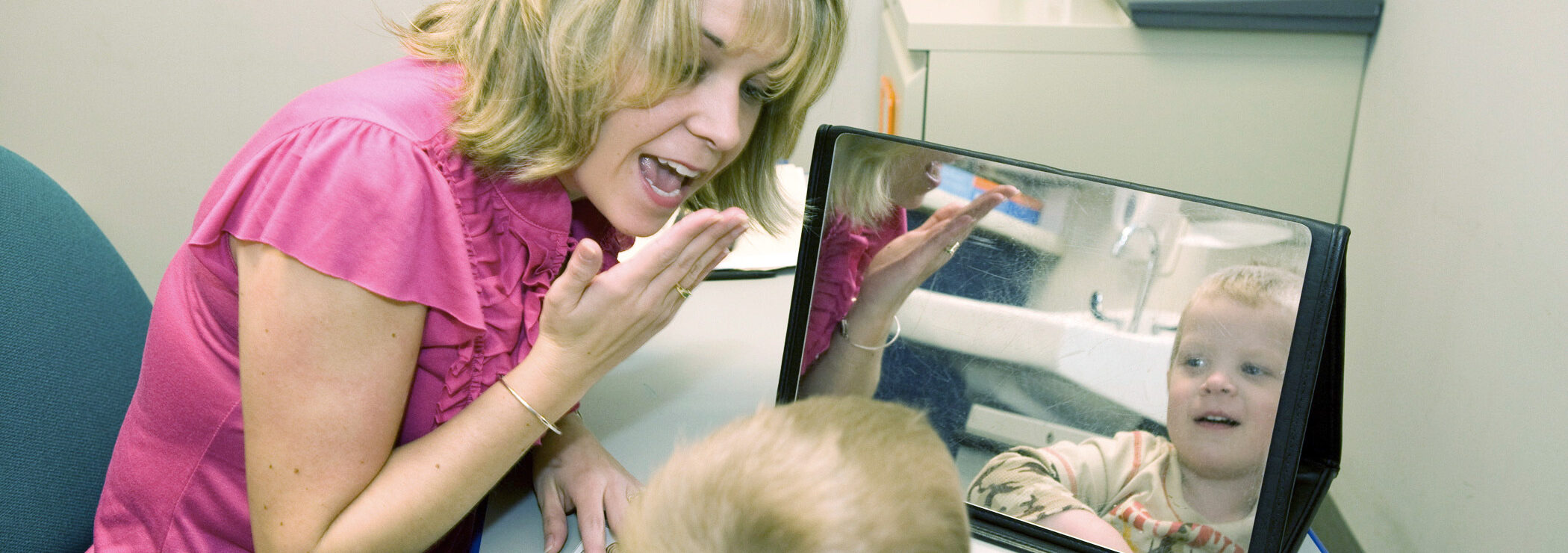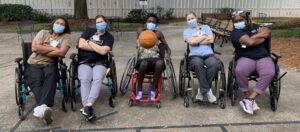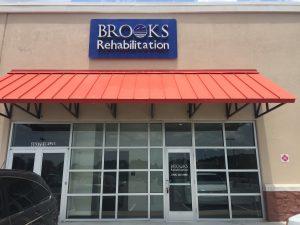Communication is the Key to Connection

Back to physical health resource hub
May is Better Hearing and Speech Month (BHSM)! This month is dedicated to raising awareness about communication disorders and the role of Speech-Language Pathologists and Audiologists in providing life-altering treatment. The range of disorders that an SLP treats is broad and diverse.
An audiologist specializes in diagnosing and treating disorders of balance and hearing including preventative care, assessment of hearing deficits and need/use of hearing aids. A Speech-Language Pathologist (SLP) specializes in diagnosing and treating disorders of speech, language and swallowing in individuals of all ages from infancy to the elderly. An SLP can work in schools, skilled nursing facilities, acute care, private practices, hospitals, NICU, home health, outpatient clinics and research settings. Speech-language pathology is a medically-aligned field requiring a Masters or Doctorate to practice.
You might wonder who needs a Speech-Language Pathologist. Newborns (premature and full-term), toddlers, adolescents, adults and geriatrics are in need of speech therapy due to developmental disorders, genetic disorders, stroke and brain injury, and progressive neurological disorders. Early detection is key and the following are areas addressed by speech therapy: feeding and nutrition, social skills, play skills, autism spectrum disorder, behavioral management, language delay, cleft palate and lip, speech sound disorders, motor speech disorders, expressive language, receptive language, reading and writing, alternative and augmentative communication, accent modification, deaf/hard of hearing, voice, fluency (stuttering and cluttering), aphasia, swallowing, executive function, and short term memory. The most sacred skills to humans include eating, thinking and communicating and SLPs treat all three!
Fun Facts:
- To produce a phrase, a person uses about 100 muscles of the chest, neck, jaw, tongue and lips in coordination with each other. The tongue is one of the most powerful muscles in the body and is made up of 8 muscles.
- The smallest bones in the body are in the ear and consist of the malleus, incus and stapes.
- Swallowing uses 26 muscles and the entire swallowing process takes only 17-23 seconds with humans swallowing 900 times a day! One in 17 people will develop Dysphagia (swallowing disorder) at some point in their lifetime.
A person’s ability to effectively communicate, hear, balance and eat/swallow safely affects academic, social and career success and overall quality of life. It is important for all ages to obtain the care needed and deserved. It is important to know what is considered normal with speech and language development so that deficits can be identified early and appropriate treatment rendered. An SLP can help children and adults of all ages overcome challenges to avoid frustration and isolation. Developing communication skills is essential to building relationships.
If you or someone you know has difficulty with hearing, speech, language and/or swallowing and would like more information about how a speech-language pathologist can help, please reach out to your local Brooks Rehabilitation. An evaluation can then be set up to create a customized treatment plan to address the specific needs.


